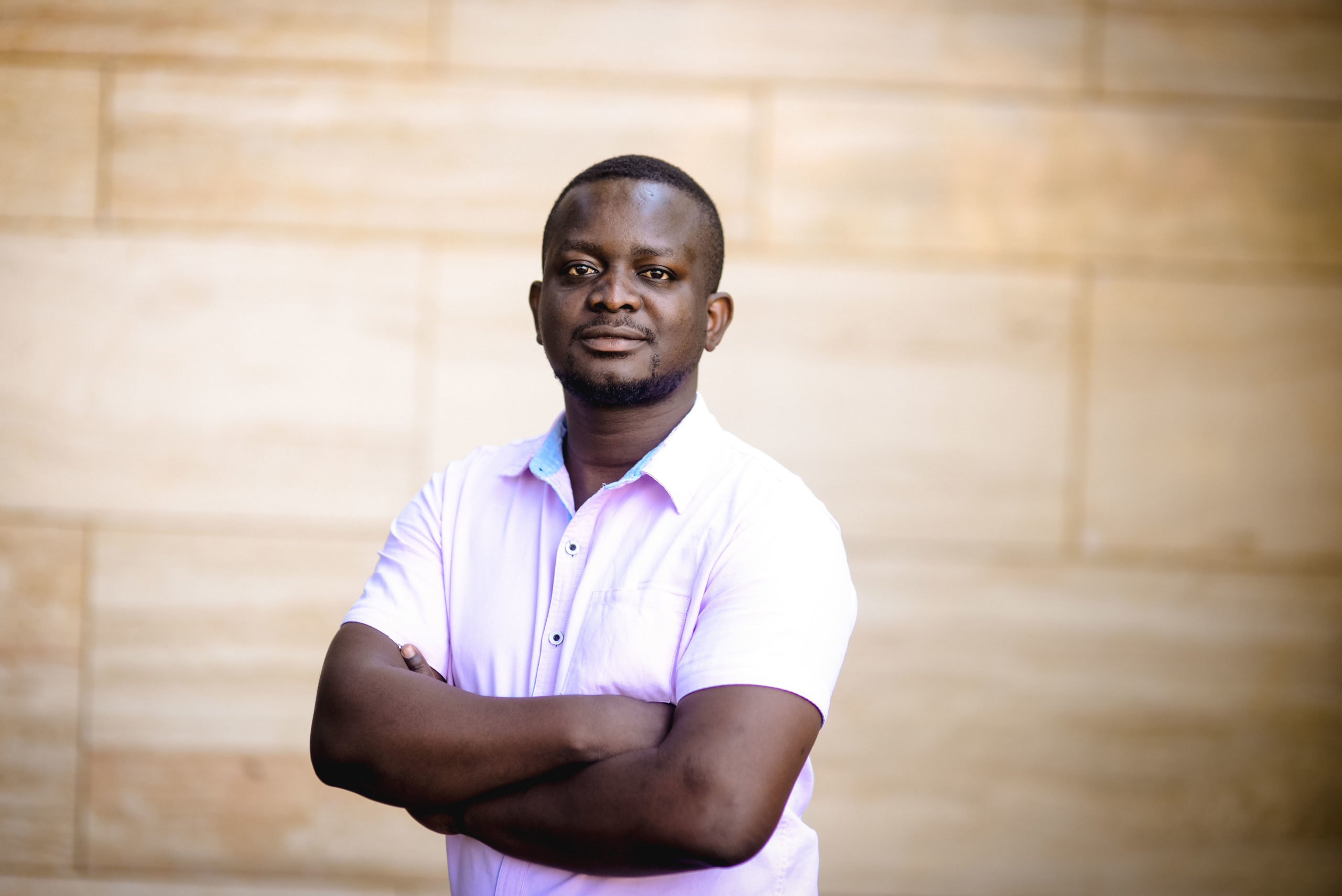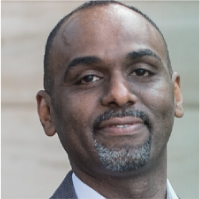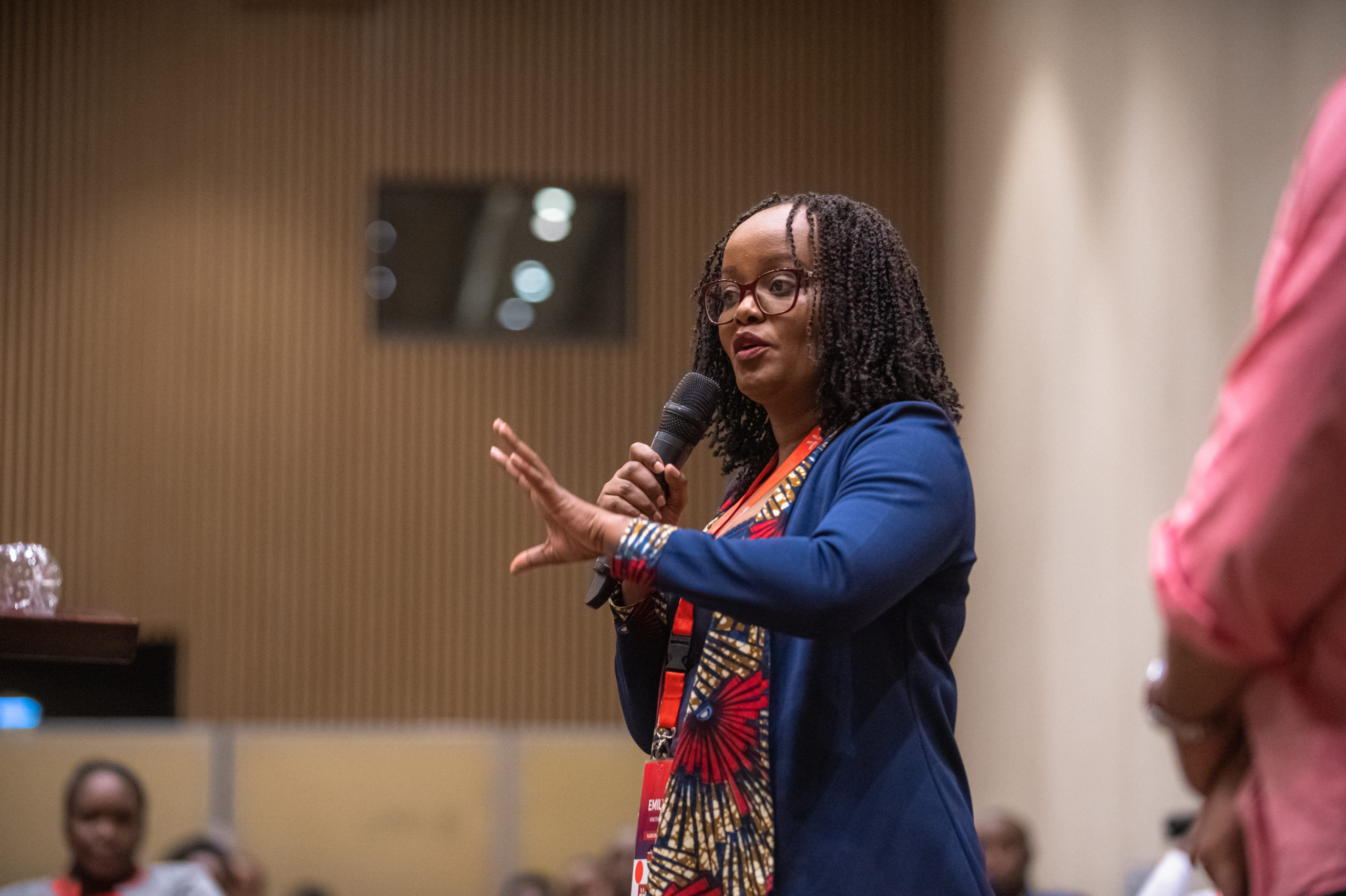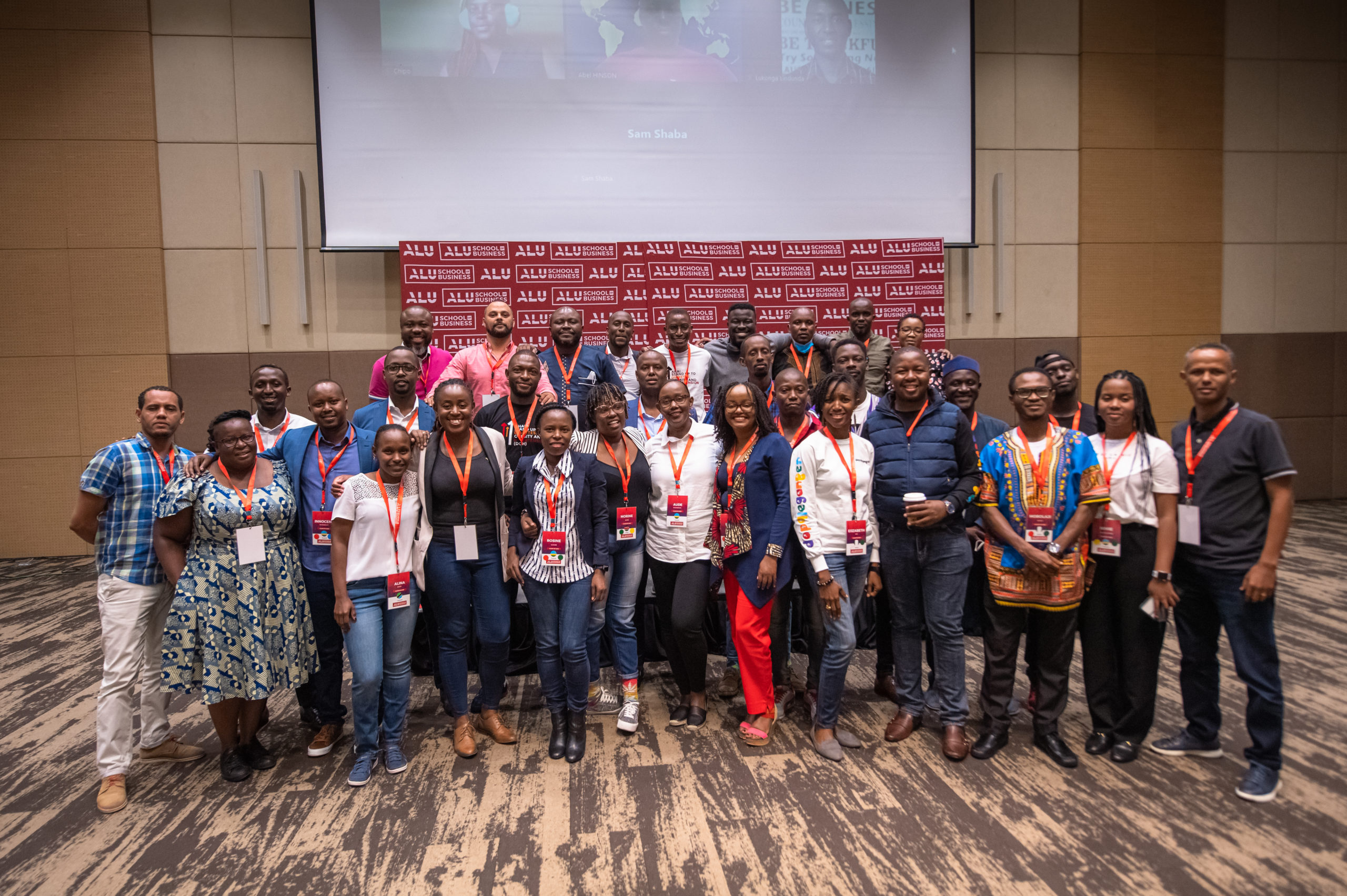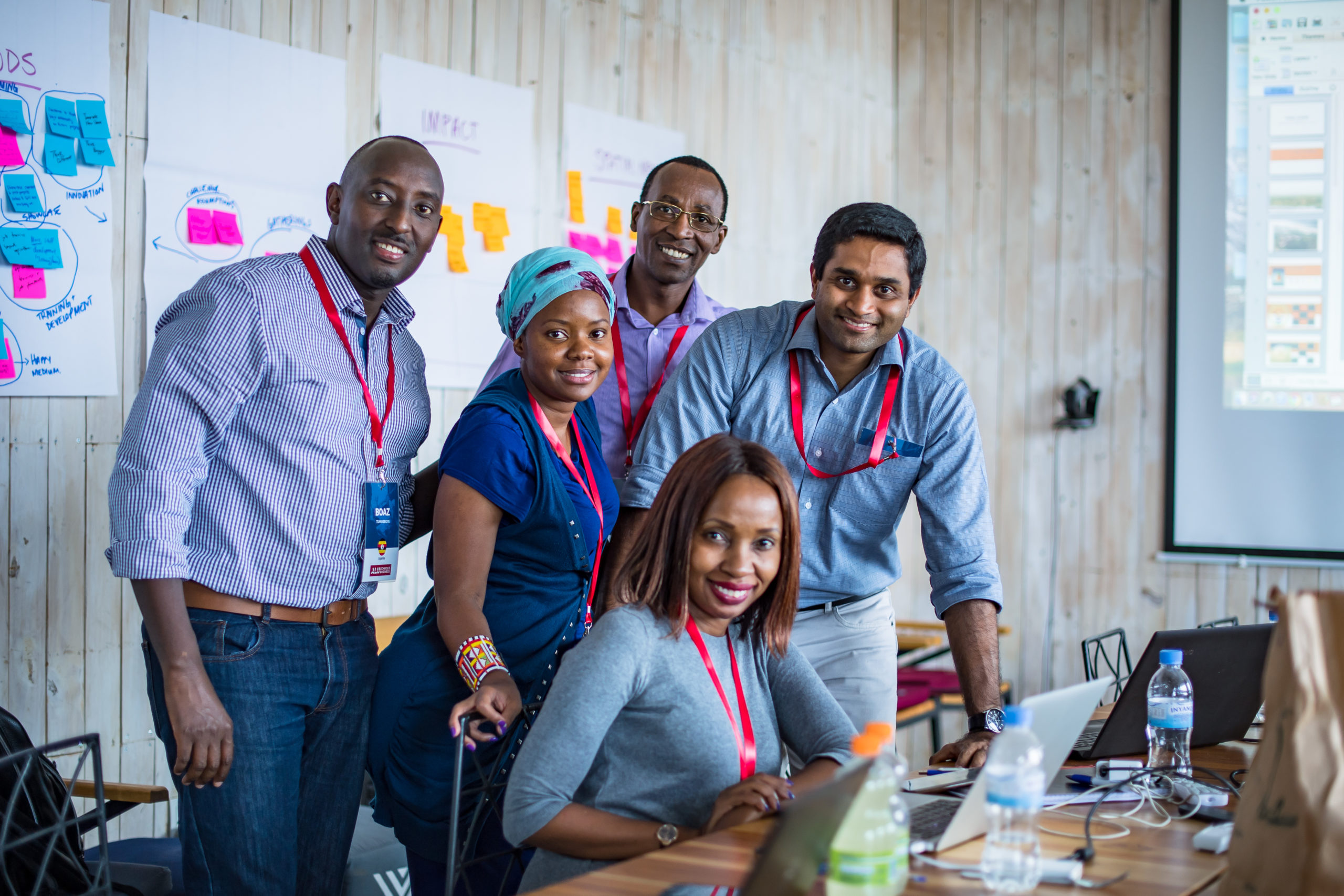Hector Chilimani is a Business Operations Project Specialist at One Acre Fund, Malawi. His passion lies in serving his community by equipping and empowering people with the tools they need to solve their problems. Through his leadership style of imparting ownership, Hector is, in his own right, building leaders and problem-solvers for the African century.
Monday, 15 October 2018 was Mother’s Day Holiday in Malawi. In total indulgence of the atypical Monday, Hector started the day at 7 a.m, later than his 4:30 a.m weekday routine, and without the succession of his early morning jog or aerobics. He checked his emails for about 30 minutes and sent well wishes to the mother figures in his life before embracing the relaxation in the air over Malawi. Having had a hectic weekend submitting a Capstone Project deliverable, he spent the rest of the day resting and catching up with friends and family in the scenic small city of ZoEMBA where he resides.
Hector’s Tuesday, strictly termed a “no-meeting day” was spent on executive, managerial and administrative work, as he prioritises preparing for 1-on-1 check-ins with his manager and direct reports as well as ensuring his collaborators have the necessary support to execute effectively. Consistently, his work responsibilities revolve around key client data management, as well as the implementation of acceleration projects across credit repayment, collection, client protection, and customer engagement. He is also in charge of cross-departmental coordination, with the goal of developing the capacity and effectiveness of the business operations teams.
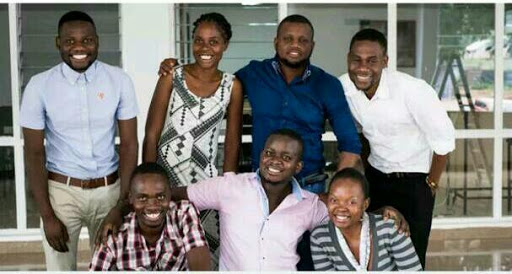
Hector’s Wednesdays are typically consolidatory. He blends work meetings, team check-ins, and committee sessions during the day with his EMBA coursework at the close of work. This Thursday, he led the One Acre Fund Malawi culture crew to the warehouse where farm input delivery was underway in anticipation of the agricultural season. The culture-themed visit, organised in the midst of a two-week project to deliver inputs to 15,000 farmers in 4 districts of Malawi, was aimed at providing support and boosting the morale of the input delivery workers.
On Fridays, Hector typically plans for the week ahead, to ensure that his team is aligned with their priorities for the coming week. His week winds up with an all-staff Town-Hall meeting which occurs in form of feedback sessions, strategic reviews, internal alignment on initiatives and stretch project conversations.
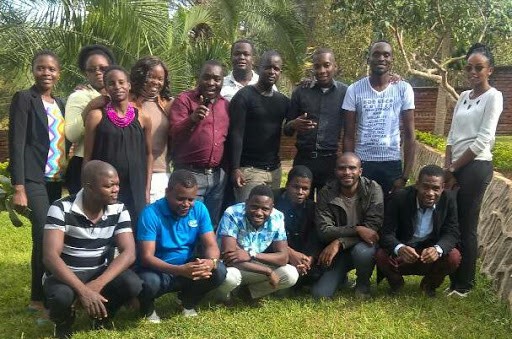
[Motivation] to Hector stems from his passion to serve others, and he does so by assisting workmates, clients, and farmers as part of his daily job. With regards to his ALUSB EMBA programme, the love and support from his friends, well-wishers, classmates, and activators keep him going. He says, “there is always that one voice in the midst of all the discouragement, that tells you to keep going. That is the voice I listen to.”
[On roadblocks,] Hector sees challenges as “innovation quests” or learning opportunities, hence he approaches obstacles like topics or subject matters that warrant deep understanding and deliberate unpacking. In this light, he deep-dives into the practical details of every roadblock he faces, focusing more on “who can be of help” and less on “who triggered what.”
“I am motivated by challenges, I do not want to waste any crisis in my life.”
Hector has a powerful statement to make on what drives efficient teamwork. His work position as a business operations manager, as well as his ALUSB context as a pan-African & Home Learning group member, has incited his stance that “engagement, inclusion, and respect are key to teamwork and collaboration, as altogether, the three tenets accentuate the value in the process and result of teamwork.” He adds that “it is a leader’s responsibility to cultivate spaces that allow people to derive value from team engagement.”
Overtime, as a leader, what has been helpful is being able to listen to silent voices, and being aware of how my actions can be destructive or empowering to those I lead.
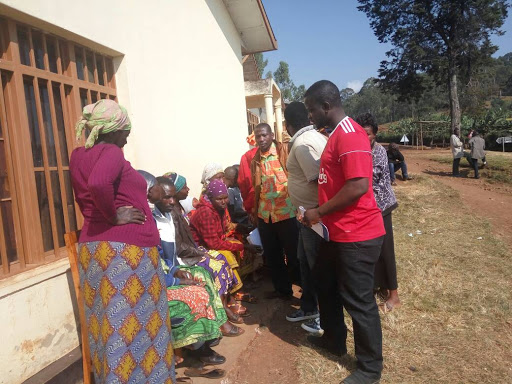
To Hector, [a perfect week] is mostly aspirational, but it pushes one to be more intentional in deciding their weekly progress. In his words, “this would be a week where I have been available to my direct reports, made room for big picture time, brought closure to a number of projects in my pipeline, caught up with my EMBA coursework, and spent the weekend with friends. Preferably, it would also be a week where I hiked, supported some initiative with Fellow Lions club where I am the Projects Director, checked on my siblings and got the chance to ready myself for the coming week.”
[To ALUSB aspirants,] Hector says, “challenge yourself to think through where you are and where you want to go. If you agree that Africa’s drawbacks stem from leadership, then you need to search for places where your thinking could be reinforced or challenged. In ALUSB, you will build networks across the African continent and gain more awareness/ engagement around issues that are dear to us as Africans, with real-time opportunities to learn and apply this knowledge in your work and businesses, including your personal growth.”
Hector Chilimani ‘19 has found ALUSB to fit the description of “AfricasEMBA, building leaders for the African Century.” He invites you to join this growing network of budding African leaders.
